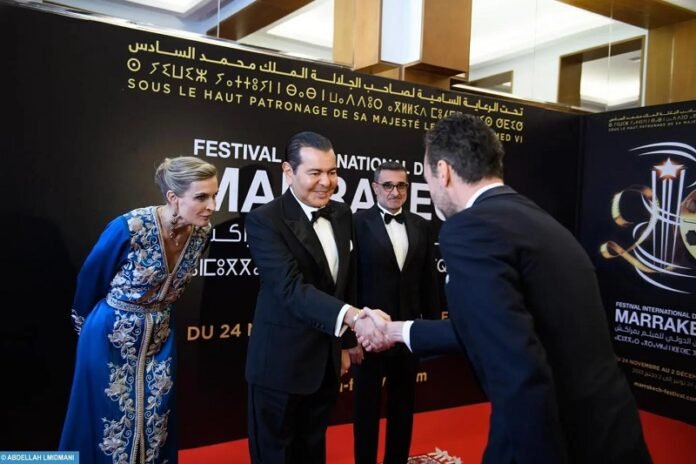Prince Moulay Rachid’s words, as president of the Marrakech International Film Festival Foundation, read less like ceremonial remarks and more like a strategic manifesto. This is not merely an opening speech for another edition; it is a reaffirmation of a long-term cultural project that aims to place Morocco at the center of a nascent cinematic ecosystem.
A positioning that signals ambition
By calling the festival “a platform for dialogue and discovery,” the Prince frames Marrakech as more than a showplace: it is a sustained space where narratives are shaped, perspectives confronted, and professional networks forged. Where many festivals present, Marrakech seeks to build — and that difference matters.
The “Atlas” program: building an industry architecture
Linking the “Atlas workshops,” the “Atlas platform,” “Atlas Distribution,” and “Atlas Press” is not a mere programmatic list — it is the blueprint of an industry. The emphasis on the full creative chain — from writing to market — reveals a deliberate effort to institutionalize training, critical support, and the circulation of films. It signals a transition from a festival as a yearly event to a foundation acting as a cultural infrastructure.
Workshops: more than technique, building trust
Highlighting the pedagogical and networking dimensions of the workshops underscores a crucial point: the cultivation of confidence. In a field where peripheral voices are easily marginalized, these workshops act as informal schools of legitimacy and listenership for emerging filmmakers, producers and critics.
Atlas Distribution: an economic and narrative choice
Launching a distribution-focused forum and convening sixty professionals from Africa, the Arab world and Europe demonstrates Marrakech’s desire to be an active player in the market. The move is both economic — recognizing distribution as the gate to visibility — and narrative — enabling stories that bypass dominant circuits.
The tributes: symbolism and strategy
Honoring Raouia, Jodie Foster, Hussein Fahmi, and Guillermo del Toro blends national memory with global prestige. This selection exemplifies the festival’s aim to combine local roots, international recognition, and diverse artistic affinities — a politically and culturally meaningful stance.
The jury and artistic rigor
Appointing Bong Joon-ho as jury president is more than a status marker: it stands for aesthetic rigor and plural viewpoints. That choice lends the festival credibility beyond star power.
Cinema as a common good
Prince Moulay Rachid’s closing emphasis resonates as a belief in cinema’s power to foster human connection and collective insight. In an era marked by fragmentation, the festival positions itself not as an escape but as a laboratory of possible dialogues.
Analytical summary
The Prince’s statement functions as a document of vision:
-
It asserts Morocco’s ambition to take a regional — and international — leadership role in cinema.
-
It reconfigures Marrakech into a structuring platform designed to produce, train and circulate films.
-
It frames cinema as a tool of cultural diplomacy and a producer of shared immaterial goods.
Therefore, the 22nd edition is not simply an annual appointment; it is a waypoint in a broader project to make cinema a vehicle for encounter, education and cultural influence.


